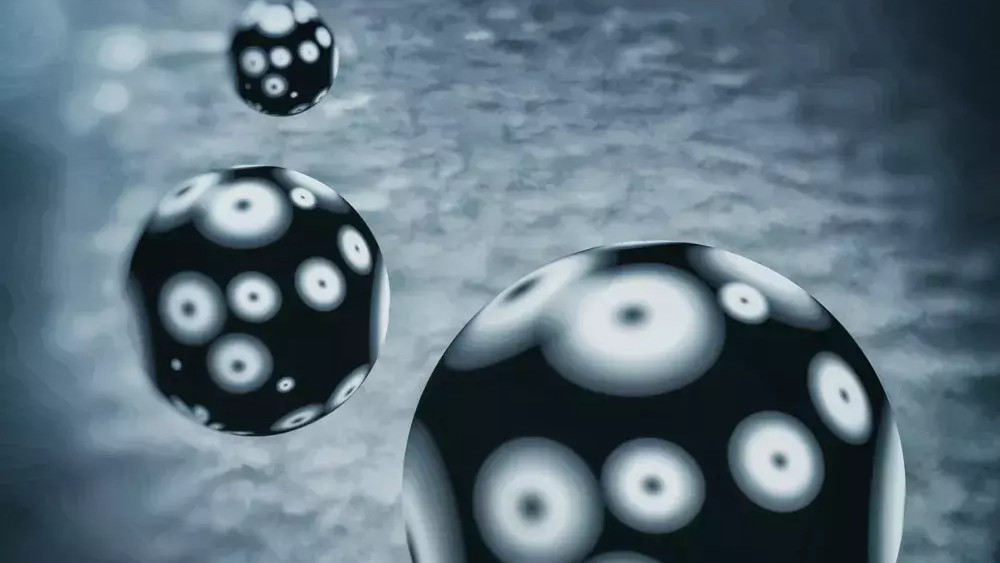IJMS, Vol. 24, Pages 6464: Effects of Human LAV-BPIFB4 Gene Therapy on the Epigenetic Clock and Health of Aged Mice
International Journal of Molecular Sciences doi: 10.3390/ijms24076464
Authors: Maria Elisa Giuliani Veronica Barbi Giorgia Bigossi Serena Marcozzi Robertina Giacconi Maurizio Cardelli Francesco Piacenza Fiorenza Orlando Elena Ciaglia Monica Cattaneo Alessia Mongelli Carlo Gaetano Mauro Provinciali Annibale Alessandro Puca Marco Malavolta
The homozygous genotype of the Longevity-Associated Variant (LAV) in Bactericidal/Permeability-Increasing Fold-Containing Family B member 4 (BPIFB4) is enriched in long-living individuals of three independent populations and its genetic transfer in C57BL/6J mice showed a delay in frailty progression and improvement of several biomarkers of aging and multiple aspects of health. The C57BL/6J strain is a suitable model for studying therapies aimed at extending healthy aging and longevity due to its relatively short lifespan and the availability of aging biomarkers. Epigenetic clocks based on DNA methylation profiles are reliable molecular biomarkers of aging, while frailty measurement tools are used to evaluate overall health during aging. In this study, we show that the systemic gene transfer of LAV-BPIFB4 in aged C57BL/6J mice was associated with a significant reduction in the epigenetic clock-based biological age, as measured by a three CpG clock method. Furthermore, LAV-BPIFB4 gene transfer resulted in an improvement of the Vitality Score with a reduction in the Frailty Index. These findings further support the use of LAV-BPIFB4 gene therapy to induce beneficial effects on epigenetic mechanisms associated with aging and frailty in aged mice, with potential implications for future therapies to prevent frailty in humans.

 1 year ago
33
1 year ago
33


